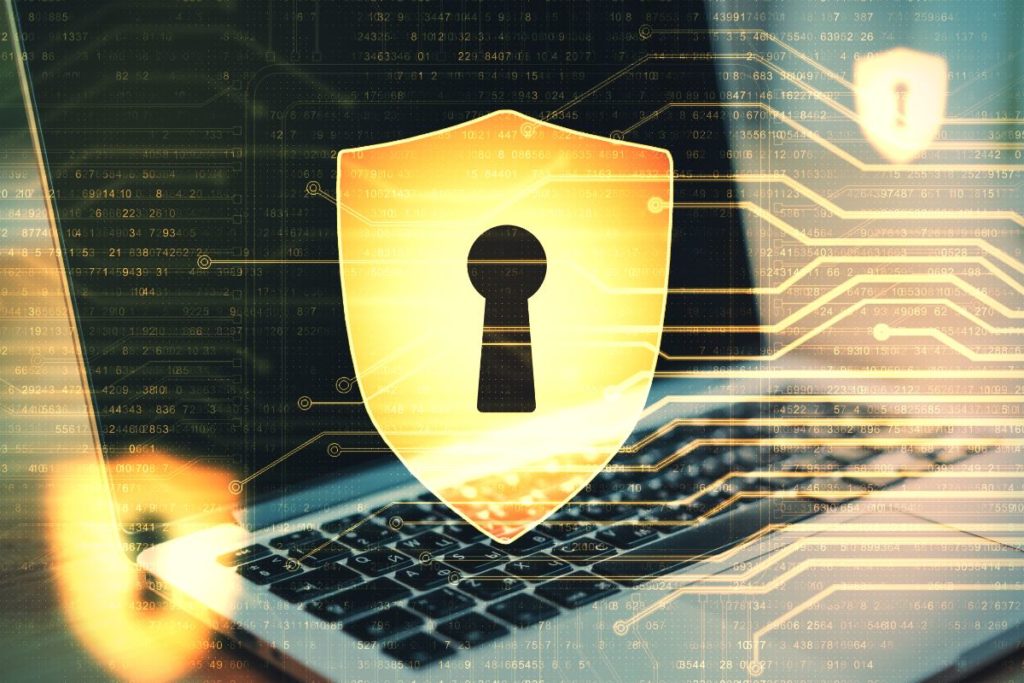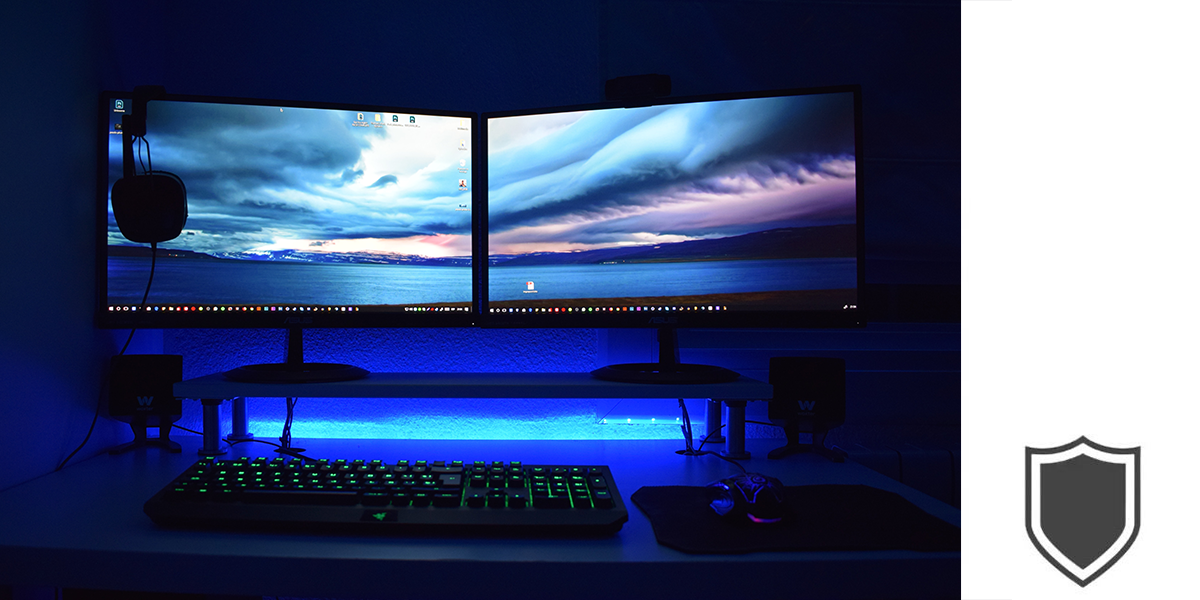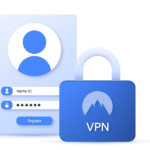As a Linux user, I understand the importance of reliable antivirus software to protect my system from malware and other security threats. With the increase in cyber-attacks and more people turning to Linux, it’s crucial to find the best Linux antivirus option that fits your needs.
After thorough research and testing, I have compiled a list of the best antivirus software for Linux in 2023. These antiviruses offer various features such as real-time scanning, on-demand scanning, and open-source malware scanning. Whether you are a home user or a business owner, there is an antivirus software that will suit your needs.
My absolute favorite antivirus for Linux is Bitdefender GravityZone. It offers a comprehensive set of security features, including:
- Real-time protection against malware, viruses, and other threats
- Advanced threat detection and prevention technologies
- Behavior-based analysis to identify and block new and emerging threats
- Centralized management and reporting for easy administration
Bitdefender GravityZone is also very lightweight and easy on system resources, so it won’t slow down your Linux computer.
Let’s explain more about what goes in to a Linux antivirus and why you need one, as well as how to choose one.
Table of Contents
Understanding Antivirus for Linux
As a Linux user, you may think that your system is immune to malware and viruses. However, it is important to understand that Linux systems are not completely invulnerable. While Linux is less susceptible to viruses compared to other operating systems, it is still important to have antivirus software installed on your Linux desktop or server.
Linux antivirus software is designed to detect and remove malware and viruses that may infect your Linux OS. It is important to note that Linux antivirus programs are not as widely available as those for Windows or Mac OS, but there are still several reliable options to choose from.
When it comes to choosing antivirus software for Linux, there are a few key factors to consider. Firstly, make sure that the antivirus software you choose is compatible with your version of Linux.
Additionally, look for features such as real-time scanning, on-demand scanning, and automatic updates. These features will help ensure that your Linux system is protected against the latest threats.

Key Features of Antivirus Software
As a Linux user, it’s important to have antivirus software installed on your system to protect it from malware and other security threats. Here are some key features that you should look for when choosing an antivirus software:
Real-Time Protection
Real-time protection is a critical feature that should be included in any antivirus software. This feature monitors your system in real time and scans files as they are accessed or downloaded. If a threat is detected, the antivirus software will block it from infecting your system.
Scheduled Scans
Scheduled scans are another important feature that should be included in any antivirus software. With this feature, you can set up regular scans of your system to ensure that it’s free from malware and other security threats. You can schedule scans to run at specific times, such as when you’re not using your system, to minimize the impact on your system’s performance.
On-Demand Scans
In addition to scheduled scans, you should also be able to perform on-demand scans of your system. This feature allows you to manually scan specific files or folders on your system to check for malware or other security threats.
Quarantine Function
If a threat is detected on your system, it’s important to have a quarantine function that can isolate the threat and prevent it from infecting other files or your entire system. The quarantine function should be able to automatically move infected files to a secure location where they can be safely deleted or restored if necessary.
Reporting
Finally, a good antivirus software should provide detailed reporting on the threats that have been detected on your system. The reporting feature should provide information on the type of threat when it was detected, and what action was taken to remove it. This information can help you better understand the security threats that your system is facing and take steps to prevent them in the future.
Overall, when choosing an antivirus software for your Linux system, make sure that it includes these key features to ensure that your system is protected from malware and other security threats.
Best Antivirus for Linux
As a Linux user, it is important to have a reliable antivirus solution to protect your system from malware and other security threats. After conducting extensive research and testing, I have compiled a list of the top antivirus solutions for Linux.
Bitdefender
[Bitdefender] is a well-known antivirus solution that offers excellent protection for Linux systems. Its GravityZone product is specifically designed for Linux and provides advanced features such as on-demand and real-time scanning, as well as web filtering and intrusion detection.
Bitdefender is available for both home and business use and is an excellent choice for Linux users who want a reliable and effective antivirus solution.
ClamAV
ClamAV is an open-source antivirus software that is available for free. It is a versatile toolkit that is used for detecting trojans, viruses, malware, and other malicious threats. It is a popular choice among Linux users due to its ease of use and effectiveness in detecting and removing malware.
ClamAV is available for all major Linux distributions and can be easily installed using the command line.
Sophos
Sophos is a free antivirus solution for Linux that provides both on-demand and real-time scanning features. It is an excellent choice for Linux users who want a simple and effective antivirus solution.
Sophos can detect and remove a wide range of malware, including viruses, trojans, and spyware. It is available for all major Linux distributions and can be easily installed using the command line.

Free vs Paid Antivirus Solutions
Choosing between a free and paid antivirus solution for Linux depends on your needs and budget.
Free solutions typically offer less protection and features than paid solutions. They may also have a bigger impact on system performance and offer less support.
Paid solutions typically offer more features, such as real-time scanning, automatic updates, and advanced threat detection capabilities. They are also often optimized to minimize impact on system performance and come with dedicated support options.
If you’re looking for the best possible protection and features, a paid solution is worth the investment. However, if you’re looking for basic protection and don’t want to spend any money, a free antivirus solution may be sufficient.
Choosing the Right Antivirus for Your Needs
As a Linux user, choosing the right antivirus can be a daunting task. With so many options available in the market, it can be challenging to find the right one that suits your needs. In this section, I will provide you with some guidance on how to choose the right antivirus for your needs.
For Enterprise
For enterprise-level users, it is essential to choose an antivirus that offers robust support and endpoint security. The antivirus should be compatible with various servers and distros and should have a graphical user interface (GUI) for easy management.
It should also offer command-line interface (CLI) support for advanced users. Some popular antivirus options for enterprise-level users include Bitdefender GravityZone, Kaspersky Endpoint Security, and Sophos Intercept X Endpoint.
For Small Businesses
For small businesses, it is crucial to choose an antivirus that is affordable, easy to use, and offers endpoint protection. The antivirus should be compatible with various servers and distros and should have a graphical user interface (GUI) for easy management.
It should also offer command-line interface (CLI) support for advanced users. Some popular antivirus options for small businesses include ClamAV, Avast Business Antivirus, and ESET NOD32 Antivirus.
For Personal Use
For personal use, it is essential to choose an antivirus that offers online security and is compatible with your operating system. The antivirus should have a graphical user interface (GUI) for easy management and should offer endpoint protection. Some popular antivirus options for personal use include ClamAV, Avast Free Antivirus, and AVG Antivirus.
Frequently Asked Questions
Is antivirus necessary for Linux?
While Linux is generally considered to be a secure operating system, it is not immune to malware. As such, it is recommended to have antivirus software installed on your Linux system to protect against potential threats.
Which is the best antivirus for Ubuntu?
There are several antivirus options available for Ubuntu, including ESET NOD32, Bitdefender GravityZone, and Kaspersky Endpoint Security. Each of these options offers reliable protection against malware and other threats.
Is ClamAV the best option for Linux antivirus?
ClamAV is a popular open-source free antivirus option for Linux, but it may not offer the same level of protection as some of the more advanced commercial options. While it can be a good choice for basic antivirus protection, it may not be the best option for more advanced security needs.
Does Bitdefender offer a free antivirus for Linux?
Bitdefender offers a free antivirus for Linux called Bitdefender Antivirus Scanner for Unices. It is a command-line tool that provides on-demand scanning for malware, viruses, and other threats. It also includes a number of other features, such as:
Can Comodo Antivirus provide reliable protection for Linux?
Comodo Antivirus is a well-regarded antivirus option for Linux, offering reliable protection against malware and other threats. However, like any antivirus software, it is important to keep it updated to ensure that it is able to protect against the latest threats.
- Your Guide to ProtonMail Security: Expert Takes & Tips - February 26, 2026
- What is an Internet Footprint? A Clear Explanation - February 26, 2026
- Best Free VPN Chrome Extension: Top Picks for Secure Browsing - February 26, 2026










